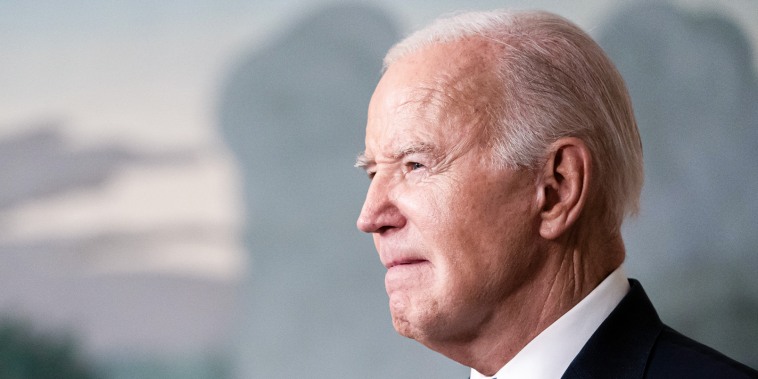Business Groups Hit Back at Efforts to Cap Credit Card Late Fees
The recent proposal to cap credit card late fees has elicited strong reactions from business groups, who argue that such a measure would have detrimental effects on the financial industry and its customers. The proposal, put forth by consumer advocacy groups, aims to limit the amount that credit card companies can charge customers for late payments. However, opponents of the proposal contend that imposing a cap on late fees would result in unintended consequences that could harm consumers and the overall economy.
One of the primary arguments against capping credit card late fees is that it would lead to reduced access to credit for underserved populations. Proponents of the current fee structure argue that the ability to charge higher late fees enables credit card companies to extend credit to riskier borrowers who might otherwise be denied access to credit. By capping late fees, these companies would have less incentive to take on higher-risk customers, potentially leaving these individuals without access to much-needed credit.
Furthermore, opponents of the proposal argue that capping late fees would result in higher interest rates for all credit card users. They claim that credit card companies rely on late fees as a source of revenue to offset the costs associated with lending money to consumers. Without the ability to charge higher late fees, these companies would need to make up for the lost revenue by increasing interest rates for all cardholders. This, in turn, could make credit card debt more expensive for consumers across the board.
Another concern raised by business groups is that capping credit card late fees could have a chilling effect on innovation within the financial industry. By limiting the fees that companies can charge, the proposal could stifle competition and innovation by reducing the revenue that companies can generate from credit card products. This, in turn, could slow down the development of new financial products and services that could benefit consumers in the long run.
In conclusion, while the proposal to cap credit card late fees may be well-intentioned, it is important to consider the potential unintended consequences that could result from such a measure. Business groups argue that capping late fees could lead to reduced access to credit, higher interest rates, and a stifling of innovation within the financial industry. As policymakers consider this proposal, it is crucial to weigh these potential consequences against the intended benefits in order to make an informed decision that serves the best interests of consumers and the economy as a whole.
By: [Your Name]



























